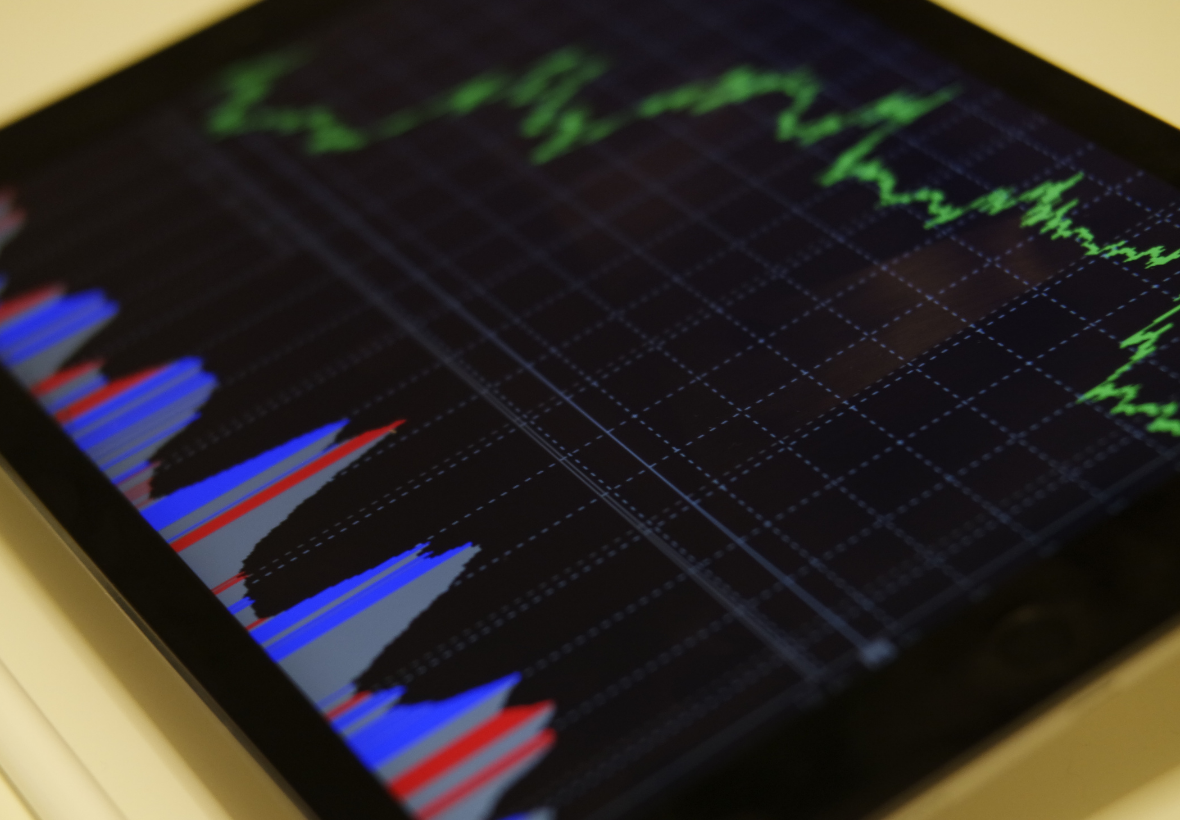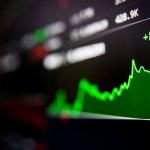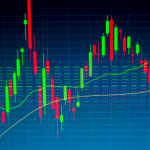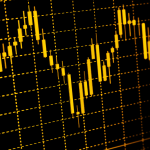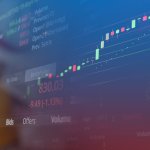In the fast-paced world of financial markets, trading bots have emerged as powerful tools for traders and investors. These automated software programs execute trades on behalf of users, leveraging advanced algorithms and artificial intelligence to analyze market trends and make informed decisions. As technology continues to advance, it’s essential to explore the future of trading bots and understand the trends and predictions shaping their development and adoption.
Artificial Intelligence Revolutionizing Trading Bots
Artificial intelligence (AI) is set to revolutionize trading bots by enhancing their analytical capabilities and decision-making processes. Machine learning algorithms will enable bots to adapt and learn from vast amounts of historical market data, improving their ability to identify profitable trading opportunities. As AI technology advances, trading bots will become more sophisticated and better equipped to navigate complex market conditions.
Integration of Natural Language Processing
Natural language processing (NLP) will play a vital role in the future of trading bots. By understanding and interpreting human language, bots will be able to analyze news articles, social media sentiment, and other textual data to gain insights into market trends. This integration of NLP will empower trading bots to make more informed decisions based on a broader range of information sources.
Expansion of Cryptocurrency Trading Bots
Cryptocurrencies have gained significant popularity in recent years, and trading bots have played a crucial role in facilitating cryptocurrency trading. In the future, we can expect the expansion of cryptocurrency trading bots to cater to the growing demand in this market. These bots will not only execute trades but also provide features like portfolio management, risk assessment, and arbitrage opportunities across different exchanges.
Increased Customization and Personalization
As trading bots become more prevalent, users will seek customization and personalization options to align with their trading strategies and risk preferences. The future of trading bots will involve sophisticated platforms that allow users to configure and fine-tune their bots’ parameters, such as risk tolerance, trading frequency, and specific market indicators. This customization will empower users to tailor the bots to their individual needs and preferences.
Enhanced Security and Risk Management
The future of trading bots will prioritize enhanced security measures and robust risk management capabilities. With cyber threats on the rise, trading bots will incorporate advanced security protocols to protect users’ funds and personal information. Additionally, risk management features will become more advanced, allowing users to set stop-loss orders, trailing stops, and implement other risk mitigation strategies.
Integration with Decentralized Finance (DeFi)
Decentralized Finance (DeFi) has gained substantial traction in the blockchain industry, offering innovative financial solutions outside traditional banking systems. In the future, trading bots will integrate with DeFi protocols, enabling automated trading of decentralized assets and the utilization of DeFi lending and borrowing platforms. This integration will bring new opportunities for traders to diversify their portfolios and access decentralized liquidity.
FAQs about the Future of Trading Bots
FAQ 1: What are the advantages of using trading bots?
Trading bots offer several advantages, including increased efficiency, faster execution, elimination of human emotions, ability to trade 24/7, and the potential for backtesting strategies.
FAQ 2: Are trading bots suitable for beginners?
Yes, trading bots can be beneficial for beginners as they automate the trading process and execute trades based on predefined strategies. However, it’s important for beginners to understand the underlying principles and risks associated with trading before relying solely on bots.
FAQ 3: Can trading bots guarantee profits?
While trading bots can execute trades based on predefined strategies and market conditions, they cannot guarantee profits. The success of trading bots depends on the effectiveness of the chosen strategy and the dynamic nature of the market.
FAQ 4: Are trading bots legal?
Yes, trading bots are legal. However, users must comply with relevant regulations and guidelines set by financial authorities in their respective jurisdictions.
FAQ 5: What factors should be considered when selecting a trading bot?
When selecting a trading bot, consider factors such as the bot’s track record, transparency of operations, security features, customization options, supported exchanges, and user reviews.
FAQ 6: Can trading bots replace human traders?
Trading bots cannot entirely replace human traders. While bots can automate trading processes and analyze vast amounts of data, human intuition, critical thinking, and adaptability are still valuable in the ever-changing financial markets.
Conclusion
With advancements in artificial intelligence, integration of natural language processing, expansion of cryptocurrency trading bots, increased customization options, enhanced security measures, integration with decentralized finance, and more, trading bots are poised to become even more powerful and versatile tools for traders and investors. As these trends and predictions unfold, it’s crucial to stay informed and adapt to the changing landscape to make the most of this exciting technological advancement.
